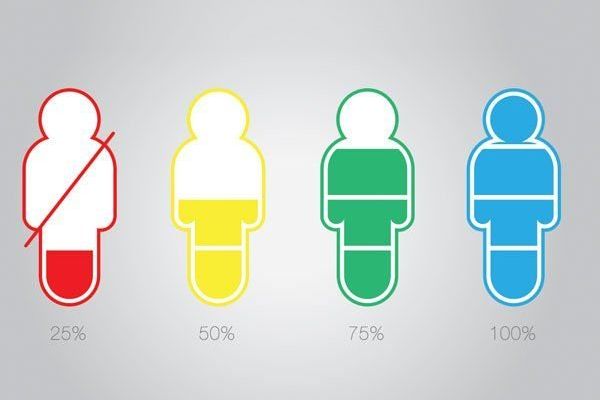Q: Will my chronic fatigue symptoms get worse over time or could they improve and eventually go away?
A: Although chronic fatigue syndrome (CFS), also known as myalgic encephalomyelitis or chronic fatigue and immune dysfunction syndrome, can persist for many years, long-term studies indicate that CFS generally is not a progressive illness. Symptoms are usually most severe in the first year or two. Thereafter, the symptoms typically stabilize, then persist chronically, wax and wane, or improve. For some people with CFS, symptoms can get worse over time.
It appears that while the majority of people with CFS partially recover, only a few fully recover. Others experience cycles of recovery and relapse. There's no way to predict which category you might fall into. There is some evidence that the sooner a person is treated, the better his or her chances of improvement, which illustrates the importance of early diagnosis and treatment.
- What Defines Chronic Fatigue Syndrome? ›
- How to Tell if You Have Chronic Fatigue Syndrome ›
- Chronic Fatigue Syndrome Hub - HealthyWomen ›
- What You Need to Know About Chronic Fatigue Syndrome ›







